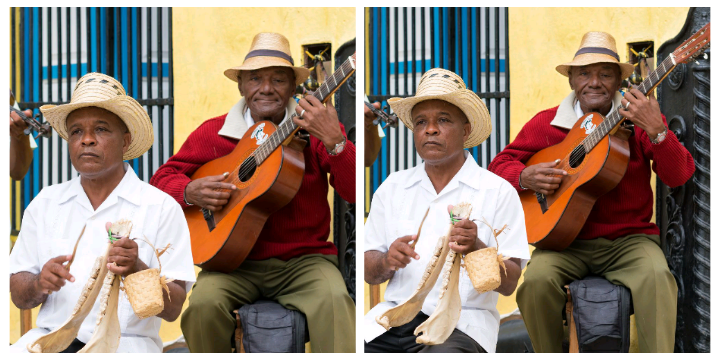Music plays a significant role in cultural expressions and identities. It has the power to communicate emotions, ideas, values, and beliefs across generations and different cultures. Music represents the cultural heritage of a community, and it can help to reinforce cultural identities, build social bonds, and create a sense of belonging.
Music is a universal language that transcends geographic, linguistic, and cultural barriers. It can bring people together and create shared experiences that help to strengthen cultural bonds. Music can also be a powerful tool for social and political movements, resonating with people and inspiring them to take action.
Different forms of music reflect diverse cultural expressions and identities. For example, traditional folk songs often reflect the history, traditions, and beliefs of a particular culture, while contemporary music can reflect the changing times and social norms of a community.
Overall, music plays a critical role in preserving and celebrating cultural expressions and identities, and it has the potential to bring people from different backgrounds closer together through shared cultural experiences.

